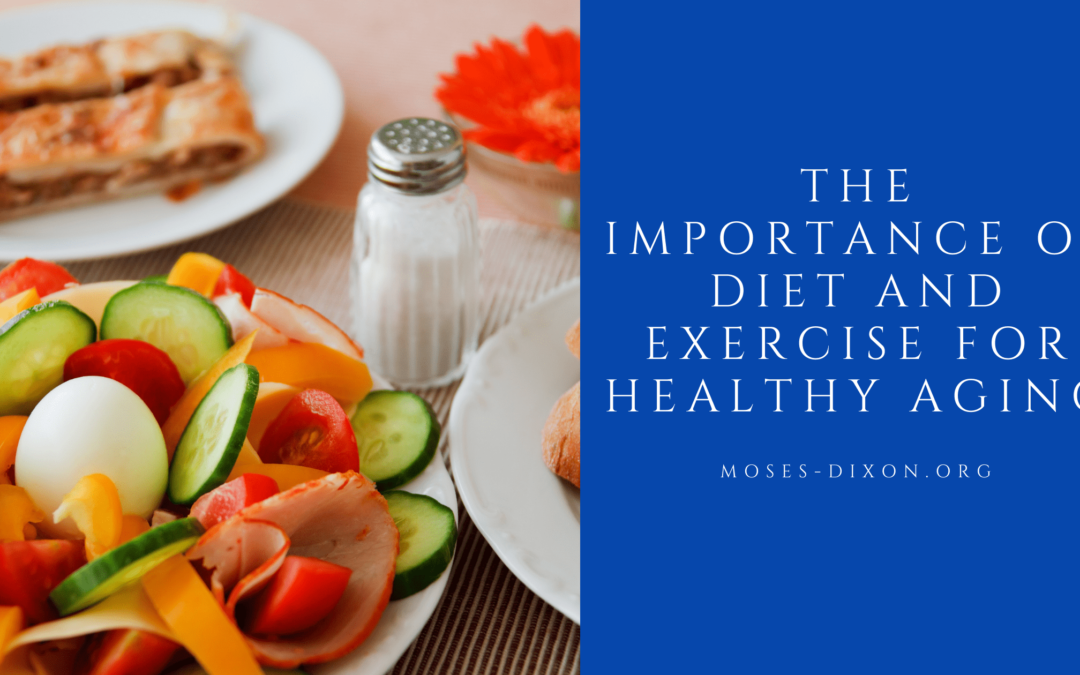Incorporating a healthy diet and workout routine into daily life is important no matter your age. However, as we get older, these often overlooked aspects of our lives grow in importance. Making small changes over time can make the transition from unhealthy to healthy seem less stressful and can even facilitate more time with loved ones, encourage you to try new things, and ultimately improve your health exponentially. Here are just a few reasons why diet and exercise are so important, especially for senior citizens.
Preventing Disease
Regular physical activity and a healthy diet reduce the risk of heart disease, high blood pressure, and diabetes, to name only a few benefits. Senior citizens also benefit the most from incorporating resistance exercises to prevent bone and muscle loss that naturally happens as we age. Changing your diet can also compound the benefits by properly fueling your body and allowing it to operate at its best.
Reducing Risk of Injury
When exercise is implemented into your daily routine, seniors will notice many improvements. Consistent exercise increases coordination, balance, flexibility, and strength. This means fewer chances of falling and a greater feeling of independence. Properly fueling your body with the right foods will help keep your body strong as well. Making sure you’re getting enough nutrients can prevent bone density loss, which can minimize the risk of debilitating bone breaks.
Facilitating Connection
One of the most tragic aspects of aging is the loss of connection, which can have horrible effects on anyone’s mental health. Exercise and healthy cooking can provide new ways of connecting with others to enrich lives. By joining a walking group, taking a group fitness class, or signing up for a cooking class with others, seniors can meet new friends and feel like they are a valued member of a group, which is essential for leading a fulfilling life.
Increased Mental Health and Cognitive Function
Exercise has been linked time and again to improved brain function and a reduced risk of dementia. Physical activity forces your brain to work as well, and anytime we give the brain a workout, as well as the body, its performance will improve. Whenever we exercise, the body produces endorphins, which automatically improve your mood, and that’s always a good thing! Eating well also affects the brain. Foods that are rich in nutrients and lower in bad fats make the entire body feel better, improves focus, and reduces the risk of Alzheimer’s disease.
